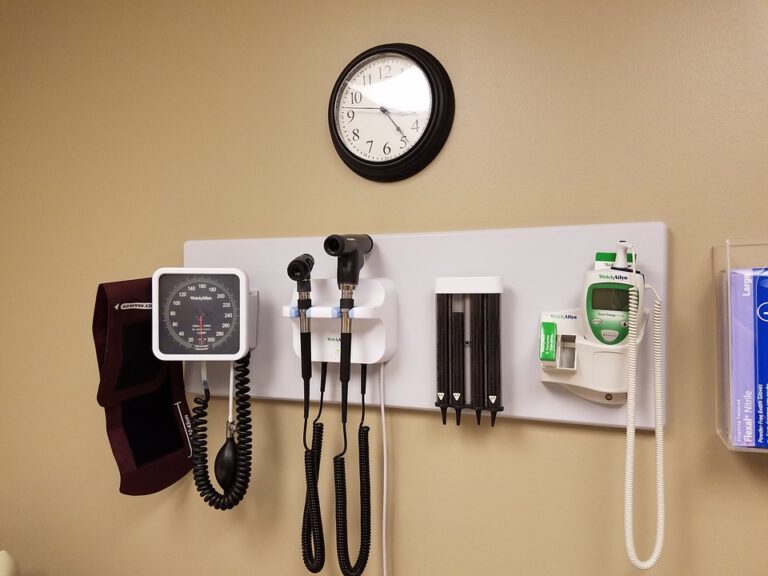Book Appointment Now

Nursing Research for Evidence-Based Practice
Nursing research for evidence-based practice is critical to modern healthcare, empowering nurses to make informed decisions that enhance patient outcomes. By combining the latest research findings with clinical expertise and patient preferences, evidence-based practice (EBP) ensures that nursing interventions are grounded in proven methods. This approach not only improves the quality of care but also promotes efficient, cost-effective healthcare solutions. Understanding how nursing research fuels EBP is essential for nurses seeking to provide the best possible care in an ever-evolving healthcare environment.
What is Evidence-Based Practice in Nursing?
Evidence-based practice (EBP) in nursing refers to the careful integration of the best available research evidence, clinical expertise, and patient values into the decision-making process for patient care. The goal of EBP is to ensure that nursing interventions are not only effective but also grounded in solid research.
Nursing research for evidence-based practice plays a critical role in generating the evidence required to inform practice. This approach ensures that nurses base their clinical decisions on proven interventions rather than tradition or personal experience alone.
The Three Pillars of Evidence-Based Practice
- Best Available Evidence: High-quality research, often obtained from randomized controlled trials, systematic reviews, or observational studies, forms the foundation of EBP.
- Clinical Expertise: Nurses’ practical skills and knowledge gained through experience help guide the application of research findings to specific patient cases.
- Patient Preferences and Values: EBP respects patients’ choices, ensuring that their unique circumstances, values, and needs are considered in care plans.
The Role of Nursing Research in Evidence-Based Practice
Nursing research is vital for advancing evidence-based practice by providing the data and findings that shape clinical guidelines. It helps bridge the gap between theoretical knowledge and practical application, ensuring that nursing interventions are based on the best available evidence.
Types of Nursing Research Contributing to EBP
- Quantitative Research: Studies that involve numerical data and statistical analysis, such as randomized controlled trials, are the gold standard for generating strong evidence in nursing.
- Qualitative Research: This type of research explores experiences, perceptions, and feelings, providing insight into the human aspects of care that are critical for personalized patient care.
- Mixed-Methods Research: A combination of both quantitative and qualitative approaches, this type of research offers a comprehensive view of a clinical issue and its potential interventions.
Nursing research that employs these methods ensures that clinical practices are informed by the latest and most robust findings, leading to improved patient outcomes and best practices in nursing.
The Importance of Nursing Research for EBP
Improving Patient Outcomes
One of the most significant impacts of integrating nursing research into EBP is the improvement in patient care outcomes. By basing care on proven interventions, nurses can reduce complications, enhance patient safety, and increase the overall quality of care. For example, nursing studies have shown that certain interventions, such as early mobility programs for hospitalized patients, can significantly reduce hospital-acquired conditions like pressure ulcers or pneumonia.
Updating Clinical Guidelines
Nursing research is constantly evolving, and as new findings emerge, they are incorporated into clinical practice guidelines. These guidelines are essential for standardizing care across healthcare settings, ensuring that patients receive evidence-based interventions regardless of where they are treated. Regular updates to guidelines based on the latest research allow for more effective and efficient patient care.
Cost-Effective Care
By utilizing evidence-based practice, healthcare providers can also ensure cost-effective care. Research helps identify interventions that not only improve outcomes but also reduce unnecessary treatments and hospitalizations. For example, studies supporting the use of telehealth in managing chronic conditions have demonstrated both clinical and financial benefits.
Barriers to Implementing Nursing Research in EBP
Despite the proven benefits of integrating nursing research into EBP, there are still several barriers that can prevent nurses from fully embracing this approach. Understanding these challenges is the first step toward overcoming them.
Lack of Time and Resources
Many nurses face heavy workloads, making it difficult to find the time to review and apply the latest research. Additionally, access to academic journals or databases where this research is published may be limited, particularly in resource-constrained settings.
Limited Research Knowledge
Some nurses may not feel confident in their ability to interpret complex research studies. This can create a reliance on outdated practices or traditional methods rather than exploring new, research-backed solutions. Incorporating research literacy into nursing education can address this issue.
Resistance to Change
Healthcare, like any field, can face resistance to change, especially when established practices have been followed for years. Encouraging a culture of continuous learning and demonstrating the clear benefits of EBP can help mitigate this resistance.
Looking for essay writing help about nursing research for evidence-based practice paper?
Help With Nursing Essay
Strategies to Promote Nursing Research for EBP
To fully integrate nursing research into daily practice, several strategies can be employed.
Ongoing Education and Training
Nurses should be provided with regular opportunities to enhance their research literacy, whether through continuing education courses, workshops, or in-service training programs. By improving their ability to understand and apply research findings, nurses can more confidently engage with EBP.
Access to Research Resources
Healthcare institutions should invest in providing access to research databases, journals, and other resources that allow nurses to stay updated on the latest studies. This can be further supported by mentorship programs where experienced nurse researchers guide staff through the process of applying research in practice.
Collaborative Research Initiatives
Encouraging collaboration between researchers, clinical staff, and interdisciplinary teams can foster a research-driven culture within healthcare settings. When nurses are actively involved in research projects or have a voice in developing clinical guidelines, the application of EBP becomes more seamless and effective.
Nursing research for evidence-based practice is a vital component of modern healthcare, ensuring that patient care is grounded in the latest and most effective interventions. By improving patient care outcomes, updating clinical practice guidelines, and promoting cost-effective care, the integration of nursing research with EBP leads to significant advancements in the quality of nursing care. Overcoming barriers such as time constraints, research literacy, and resistance to change will be essential in promoting a research-driven culture. Ultimately, the continued commitment to evidence-based practice in nursing will ensure that healthcare delivery remains both innovative and patient-centered.







